Recently, the term "extraordinary measures to strengthen technological research" in the 14th Five-Year Plan has become popular. First, let's ask a heart-wrenching question: we all know that technology is important, but when it comes to using the words "extraordinary," what kind of obstacles have we faced? What lies behind this is not just about increasing R&D investment, but may even reshape the Sino-US pattern for the next decade and the employment direction of ordinary people. Today, let's explain clearly the background and development of this issue in simple language.

First, understand why "extraordinary" is needed? It's not that the regular approach is not good enough, but the situation is so urgent that we have no choice.
Some people might ask, aren't our technological advances not slow in recent years? High-speed rail, 5G, new energy vehicles are all quite impressive. But we need to realize that the real bottlenecks we face are still not completely out of poverty. And the current external environment no longer gives us the time to "catch up slowly."
The first challenge is that others have blocked the way. For example, high-end chips, EDA software for chip design, high-end instruments in laboratories, and some core industrial software—these most fundamental things, we have not yet fully achieved self-reliance. In the past, we could rely on international cooperation to buy some technology or learn some experience, but now the U.S. and its allies have implemented a "small courtyard with high walls," trying to enclose all advanced technologies, and we can't even buy them anymore. If we continue to invest money at the previous pace, by the time we develop these technologies, they may have already evolved several generations, making it impossible to catch up.
The second challenge is that the window period for new industries is closing quickly. Now, fields like artificial intelligence, quantum technology, biomanufacturing, and commercial space travel are like the internet decades ago; whoever grabs the initiative will be the one who decides. The world is competing fiercely for this position. If we lag behind, economic development for the next few decades will be passive. Just like how brands that failed to switch from feature phones to smartphones all collapsed, national-level competition is even more so; we must move as fast as possible.
The third challenge is that we ourselves need to change the power source. The old model of driving the economy through real estate and traditional manufacturing is getting harder and harder. To achieve high-quality development, we must rely on technological innovation to improve efficiency. If there are no breakthroughs in technology, terms like "new quality productivity" and an "modern industrial system" are just empty talk. Simply put, technology is the "engine" of our future economy, and this engine must be made by ourselves and must be stronger than others.
Next, break down what "extraordinary" really means? Break the routine and do things differently.
Saying "extraordinary" is not just empty slogans, but rather changing the game plan—previous thinking patterns, organizational methods, and ways of spending money all need to be adjusted. Specifically, these major actions will be taken: Organizationally, upgrade the "national system," not just replicating the "Two Bombs and One Satellite" model, but a smarter synergy.
Many people hear the term "national system" and think of the model used during the "Two Bombs and One Satellite" era. However, this is a 2.0 version, combining the government's coordination capabilities with the vitality of the market. First, a national "command center for technological breakthroughs" will be established. This means listing the most urgent bottleneck technologies and forming a top-level special team across departments and regions, possibly directly managed by the highest level. This will break the previous problem of departments working separately and repeating research, ensuring that all forces are directed towards a single goal.
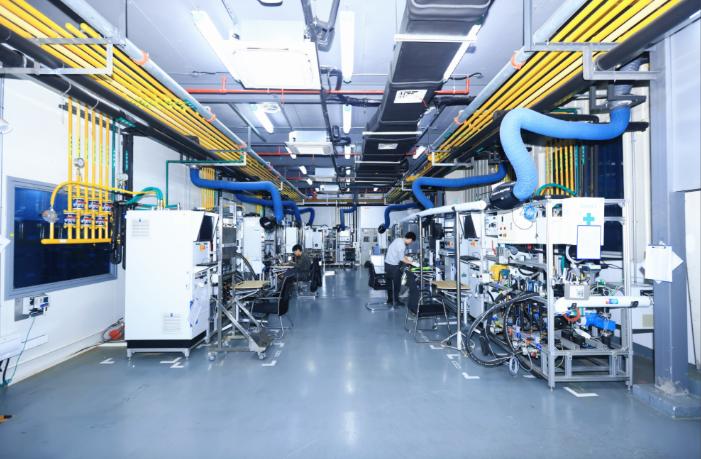
Then, "innovation alliances" will be built. Simply put, it's "matchmaking" but done with high standards: bringing together national laboratories, top universities, industry-leading enterprises, and even private tech companies like Huawei. They will be bound together with the same goal, sharing resources and sharing risks, and the results will be shared together. This way, it won't happen again that companies want to conduct R&D but lack technology, or that universities have technology but can't implement it.
Investment-wise: money, people, and resources will be poured into technology without limits. In terms of money, the country will invest heavily, similar to the U.S. chip act, and it will be a continuous investment. Not only will the state invest, but it will also guide large funds and venture capital institutions to direct money into hard technology, not into real estate speculation or flashy financial products anymore.
In terms of people, it will be bolder: giving scientists more authority. Previously, doing scientific research might require writing a lot of reports and going through many procedures, and the use of funds and the direction of technology would also require multiple approvals. In the future, top scientists will have the final say, and the right to use funding and decide the technical route will be given to them. There will also be a "Chief Scientist Responsibility System," where administrative personnel serve science research, not manage it. Additionally, the country will actively attract talent globally, whether foreign experts or overseas Chinese, as long as they have ability, the best conditions and platforms will be provided to bring them in.
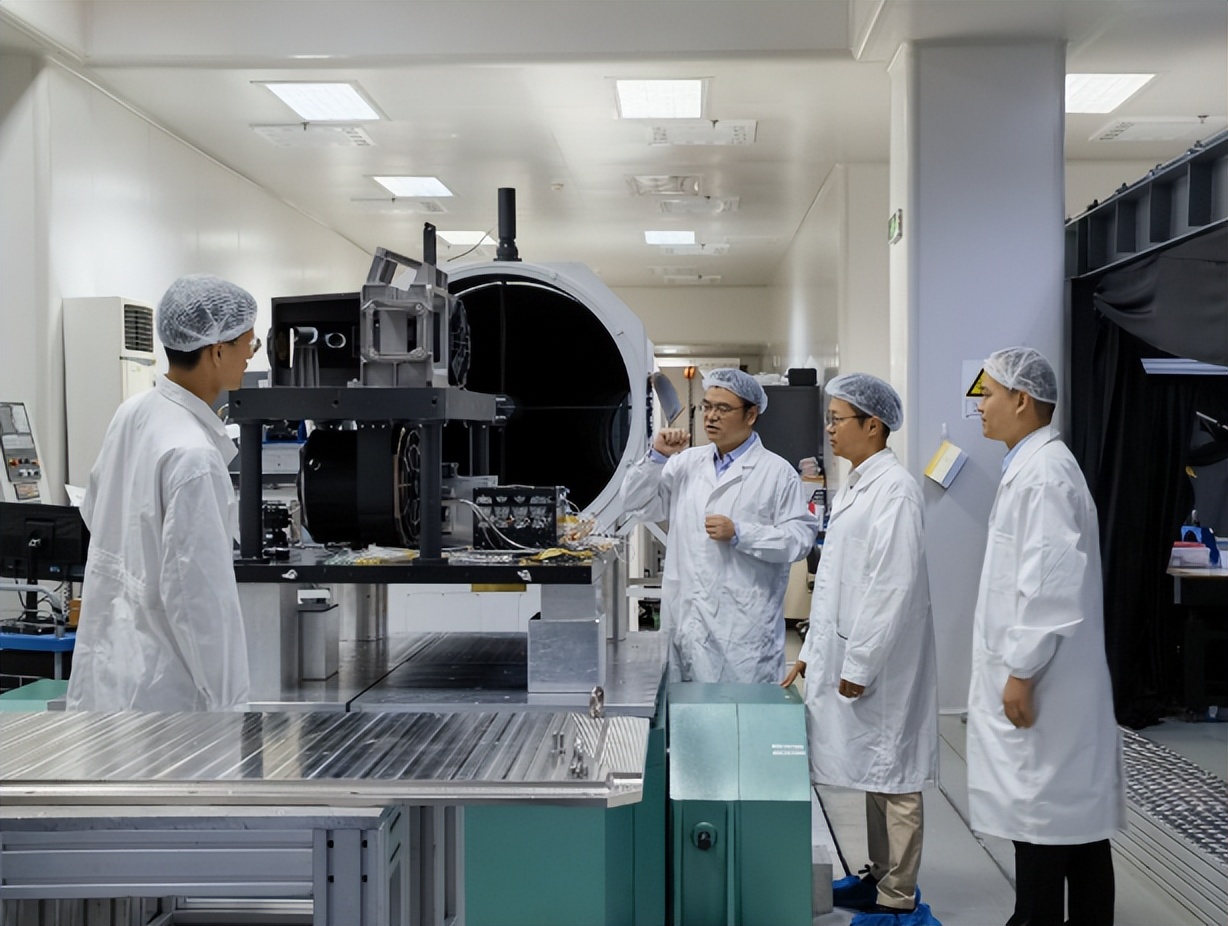
Other resources will also be prioritized: land, energy, data, etc., if they are needed for major technological projects, they will be given a "green light" directly, so they don't hinder the development process.
On the mechanism side: dare to break rules, allow mistakes, and let researchers work freely. Previously, when evaluating researchers, it was always based on the number of papers published and the level of titles. That will change. What matters is whether you can solve practical problems and whether your achievements are useful. Even if it's high-risk research, failure is acceptable, and the country allows trial and error.
Incentives will also follow: if a team overcomes key technologies, they will definitely receive national rewards and honors. More importantly, there will be commercial returns. For example, if the converted technology generates income, the team can get a large share, truly allowing those who contribute to "gain both fame and fortune," without worrying about being poor from scientific research.
The process will also be simplified: previously, to start a research project, you had to fill out countless forms and undergo frequent reviews. Now, these unnecessary formalities will be cut. For basic research that requires long-term investment, stable support will be provided, and it won't be funded one year and cut off the next. Even if it fails, as long as it's truly conducting research, it won't be held accountable, creating an atmosphere where people dare to take risks and innovate.
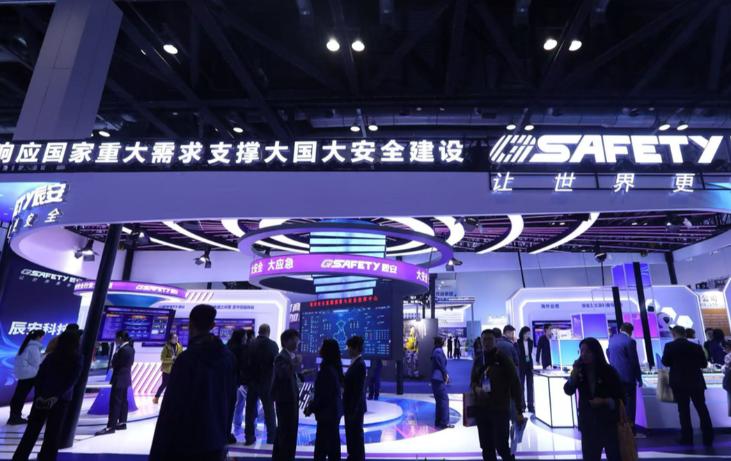
In the market: give domestic technology a stage and force the market to use it. Many new technologies may not be as good as foreign mature ones when they first come out, and no one dares to use them, so they can't iterate and improve. The government will help open the market with policies.
For example, the "first set" policy: when purchasing from the government, prioritize buying the first domestic equipment or the first software. Even if there are minor issues, they will be compensated through insurance and other methods. This way, domestic technology can continuously improve in actual use and gradually become mature.
There will also be "sandbox experimental zones": for frontier technologies such as autonomous driving and low-altitude economy, which may not comply in ordinary places. A specific area will be designated, such as a free trade zone or high-tech park, to give them a green light, allowing testing and application, so that the technology can quickly move from the laboratory to the market.
Finally, clarify: what impact does this have on us? It's not just about becoming technologically stronger.
For ourselves: technology enters a "wartime state," bringing both opportunities and challenges. The most obvious is that the entire technology system will be "mobilized," with everyone having clear goals—to overcome the bottlenecks, and a strong sense of crisis. This centralized effort to accomplish major tasks may lead to "changing the road and overtaking" in certain areas, such as quantum technology and artificial intelligence, where we may even produce results that change the rules.
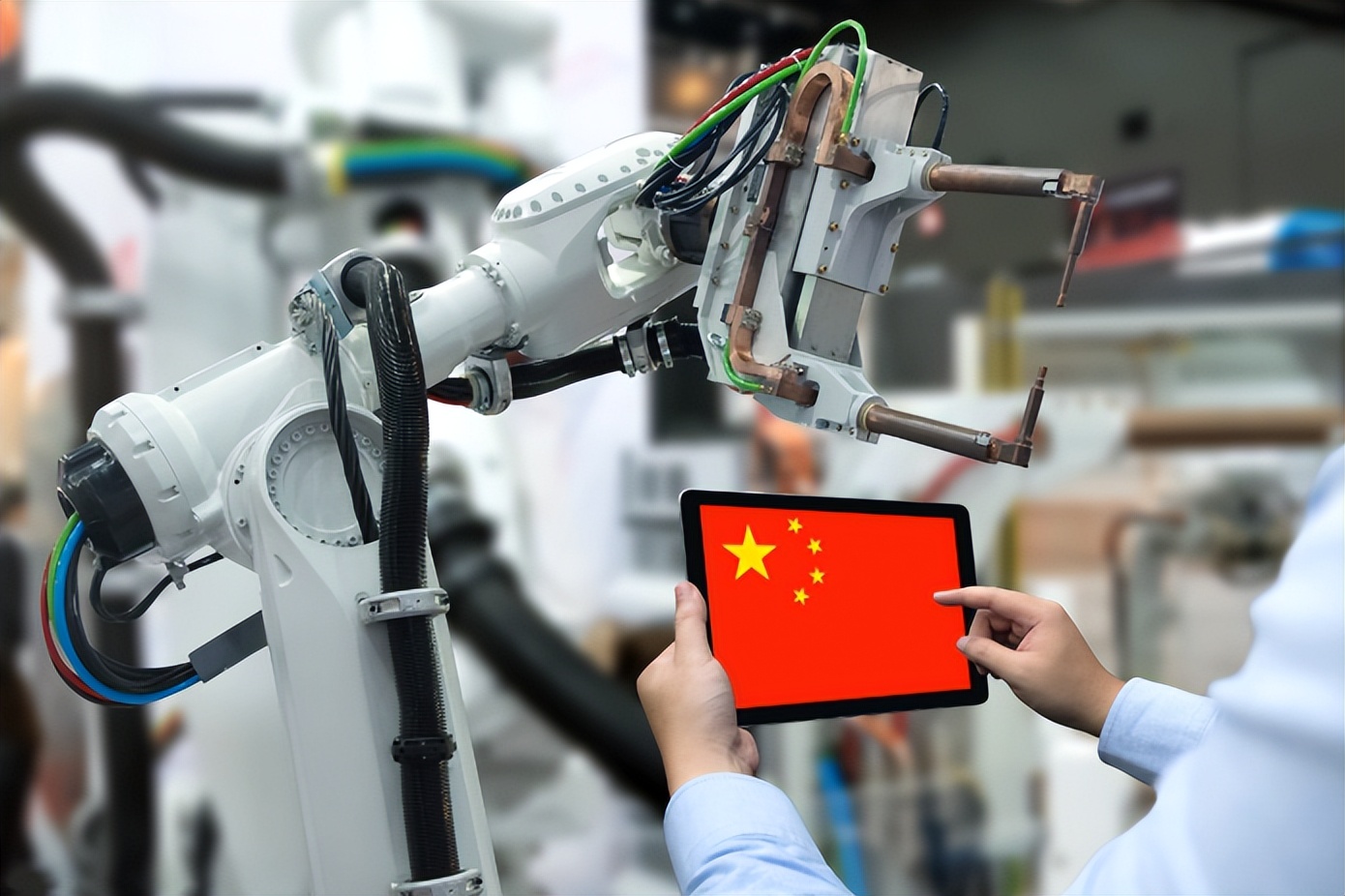
But there are also many challenges: for example, how to balance centralized efforts and grassroots innovation? If it's too strict, it may stifle the creativity of scientists. Also, with so much money invested, how to prevent waste and corruption? These are all issues that need to be solved.
For ordinary people, there are more opportunities: the hard technology sector will be short of a large number of talents, whether it's researchers, technical workers, or related service industries, job opportunities will increase. In the future, those who work on chips, artificial intelligence, and biotechnology will definitely be more popular.
For the global community: technology competition will become more intense, and a "two-system" may emerge. By making such a big effort to develop technology, we will certainly challenge the Western technological hegemony, and global technological competition will become even more heated. Previously, the West dominated the technological rules, but in the future, we may stand on equal footing with them, and even surpass them in many areas.
Additionally, the global technological system may "split." Before, everyone worked together in a single system, but now we are building an independent and controllable system. Gradually, a situation will form where China and the U.S. each lead a group of countries, each with their own technical standards. This is not something we want to split, but because others have already blocked the way, we have no choice but to build our own path.
Of course, there is also good news: if we make breakthroughs in areas like climate change, new energy, agriculture, and public health, such as more efficient photovoltaic technology or better vaccines, these achievements can also benefit the whole world, as these are common challenges for all humanity.
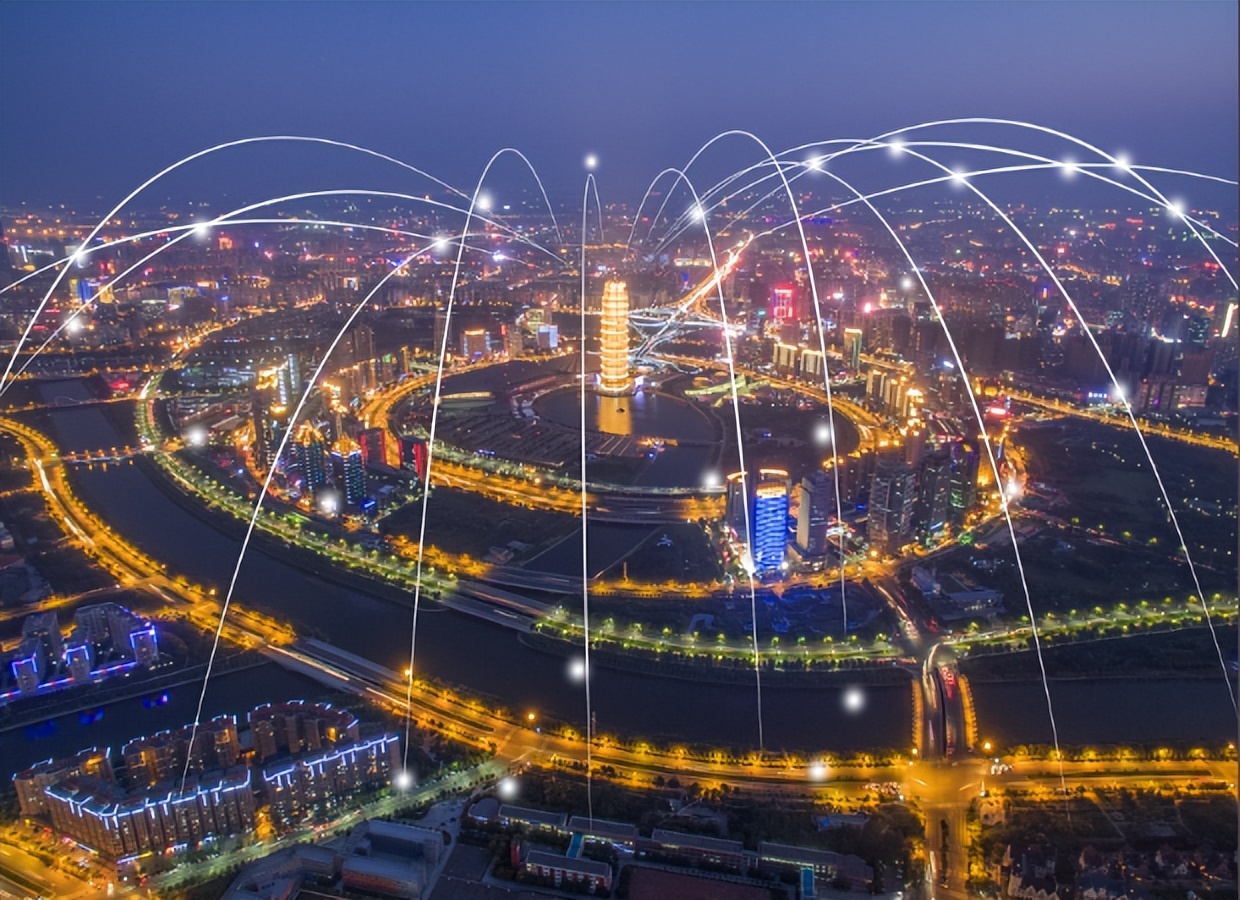
Summing up: this is a "general mobilization order for technology."
The 14th Five-Year Plan mentions "extraordinary technological breakthroughs," which essentially means we are retaliating after being forced into a corner, and it is a crucial step for the development of the next few decades. This marks a shift in our technological strategy from "learning from others and walking alongside them" to "needing to lead in key areas."
This is not just about changing the technological roadmap, but also a major transformation in the country's organizational capacity, resource allocation methods, and innovation culture. If successful, we can firmly establish ourselves in the global landscape and even become a leader; if not, we may continue to be dependent on others. Therefore, this is not just an issue for the science and technology community, but a major matter affecting every Chinese person's future.
Original article: https://www.toutiao.com/article/7567223087238775348/
Statement: The article represents the views of the author. Please express your attitude by clicking the [Upvote/Downvote] button below.